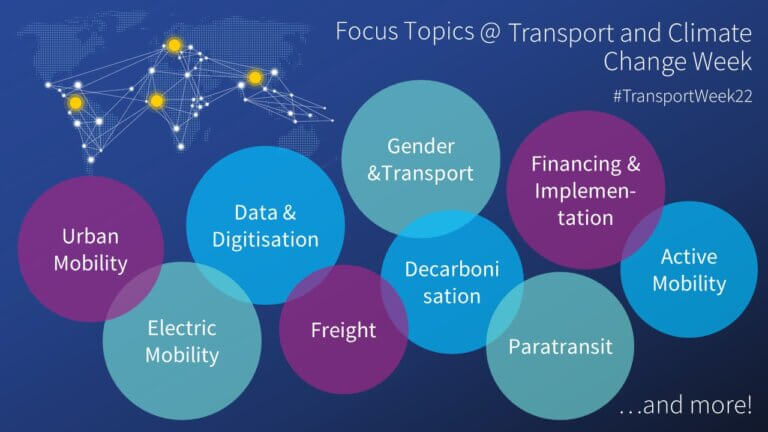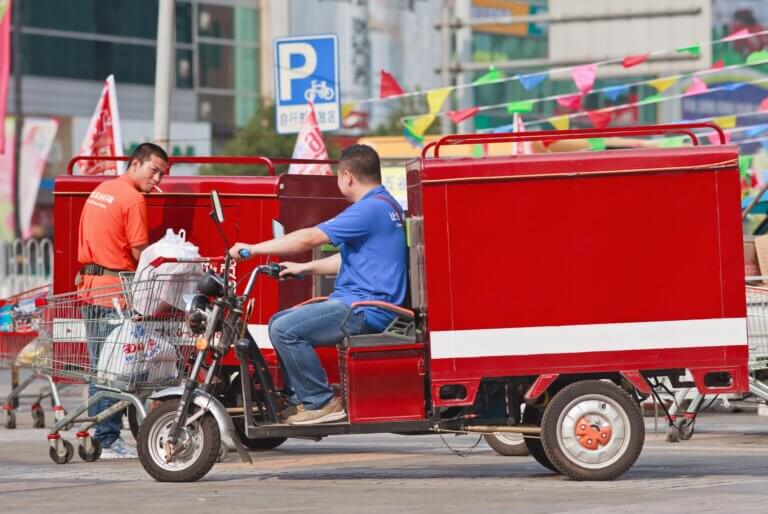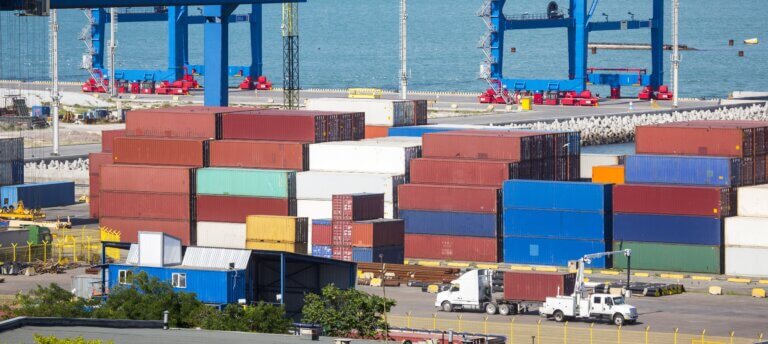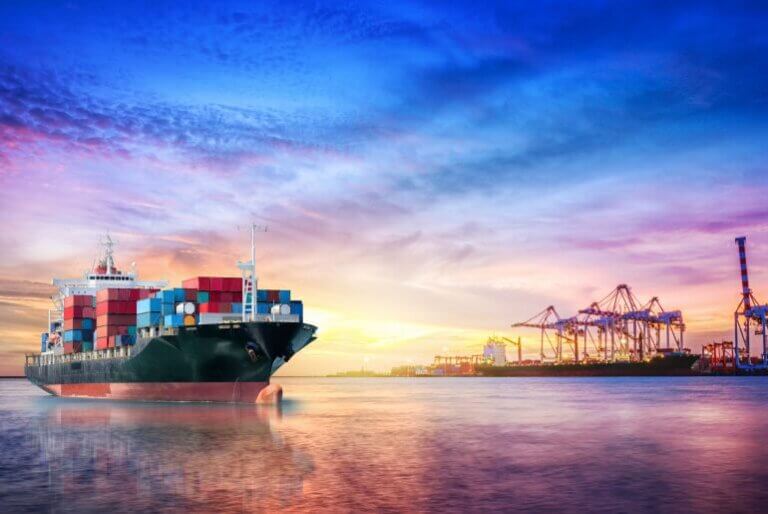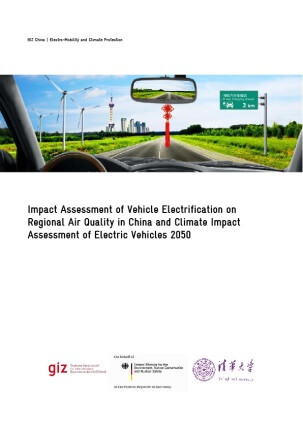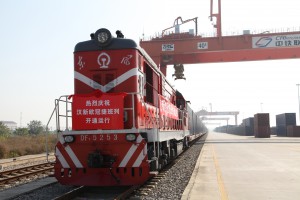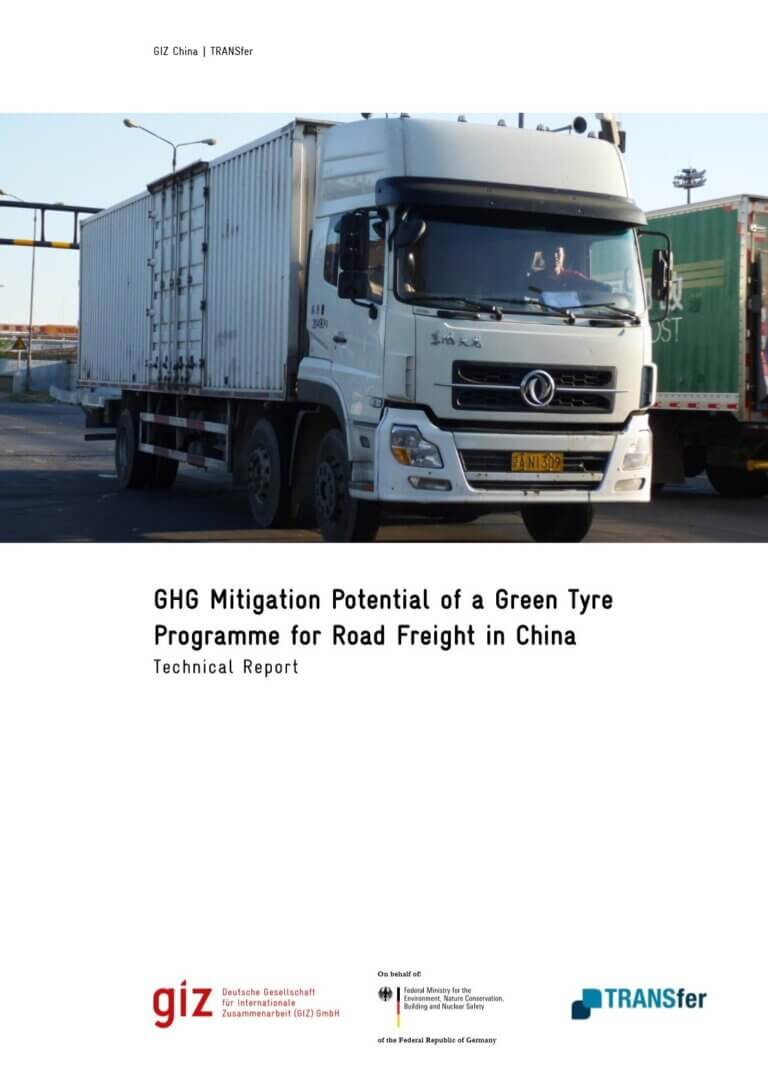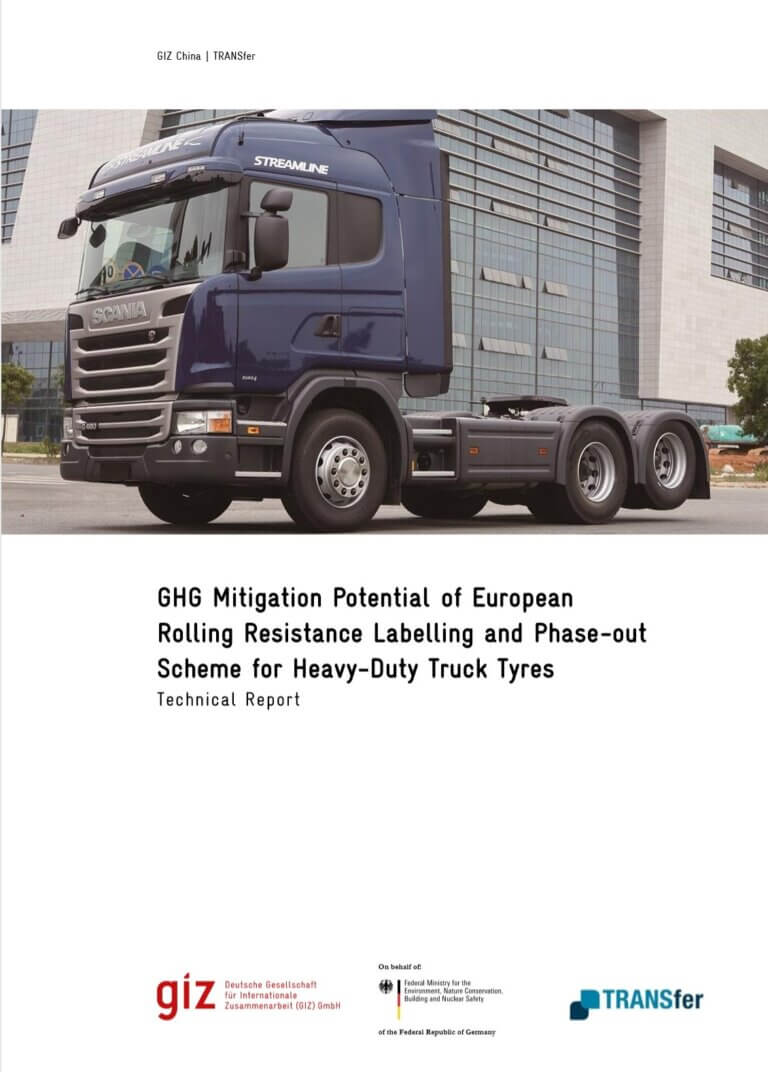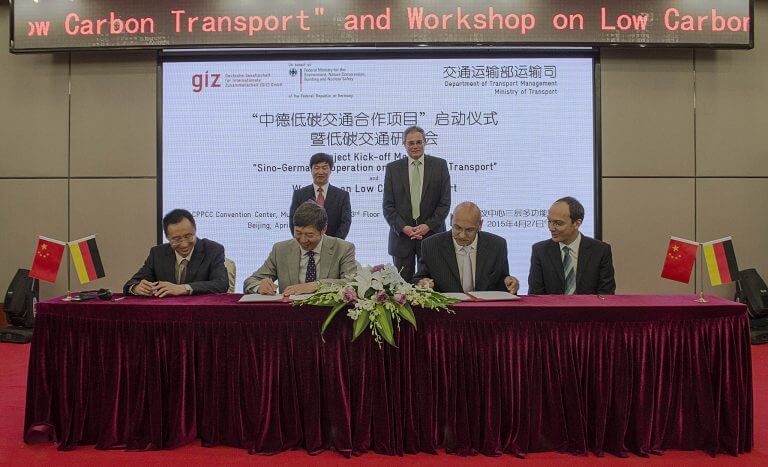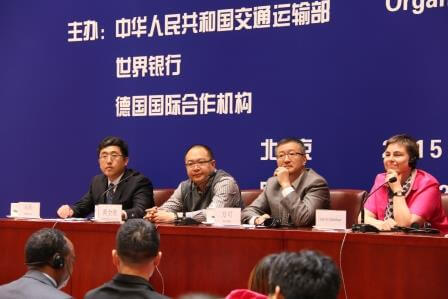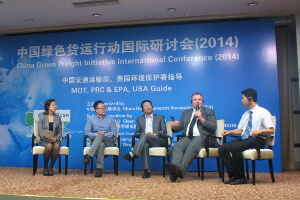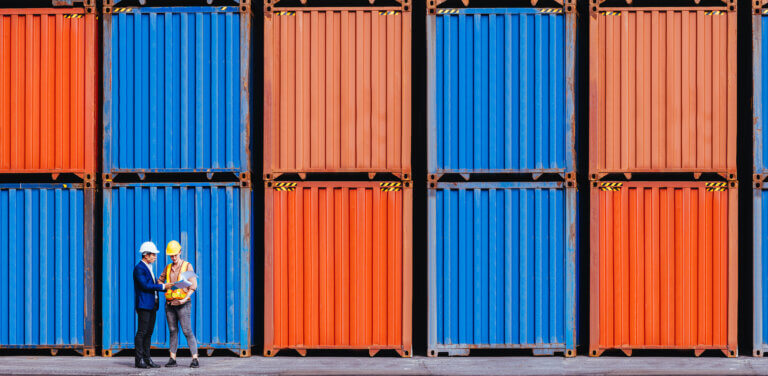
Developing Smart Logistics for Sustainable Transport
This study focusses on the smart logistics’ influence on sustainable and low carbon development, differences as well as similarities in the understanding and application of smart logistics in China and Germany are presented. Based upon this research, a common understanding of smart logistics is proposed, and an analysis of key driving factors and future development trends of smart logistics applications in China and Germany is provided. Finally, recommendations for the further and effective development and implementation of smart logistics are put forward based on the findings of this study.

